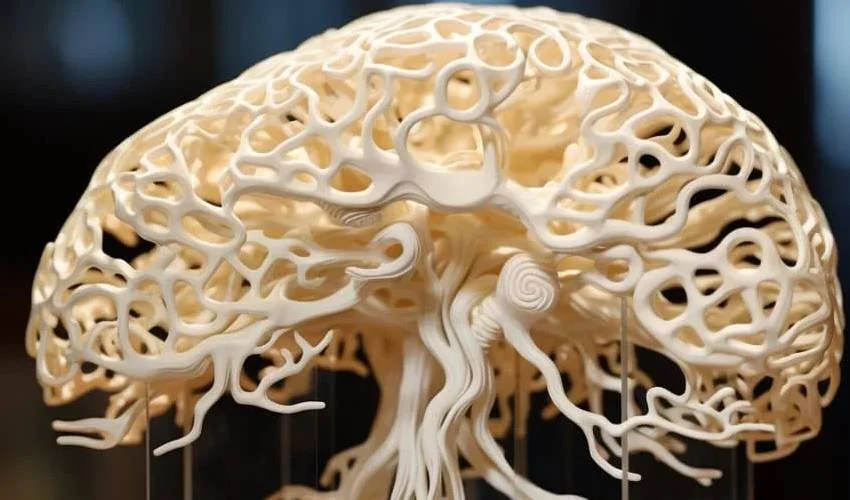The brain responds more strongly to the potential of loss than the possibility of gain, according to a recent study that clarifies why people are more inclined to shun risks than to seize opportunities.
The study, which was published on a reputable medical website, demonstrates that the amygdala, a region of the brain, is crucial to this behavior. When someone feels threatened, the amygdala, which functions as an internal alarm system, becomes extremely active and instantly signals danger.
How loss affects the brain
The study found that neurons in the brain change their behavior when people are confronted with the risk of loss, becoming less impulsive and more cautious. rather than making snap decisions.







